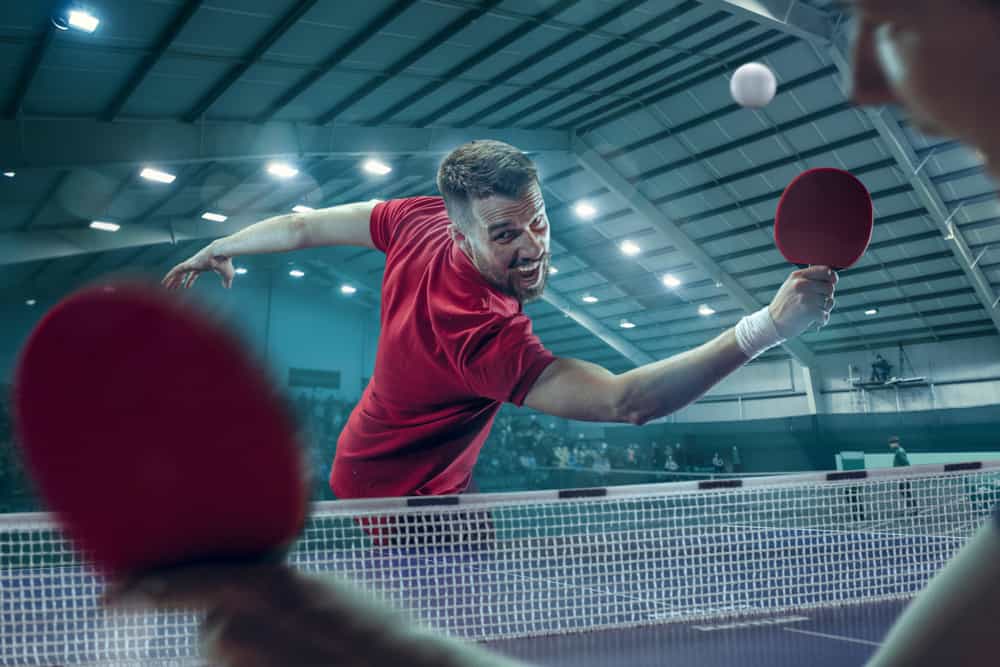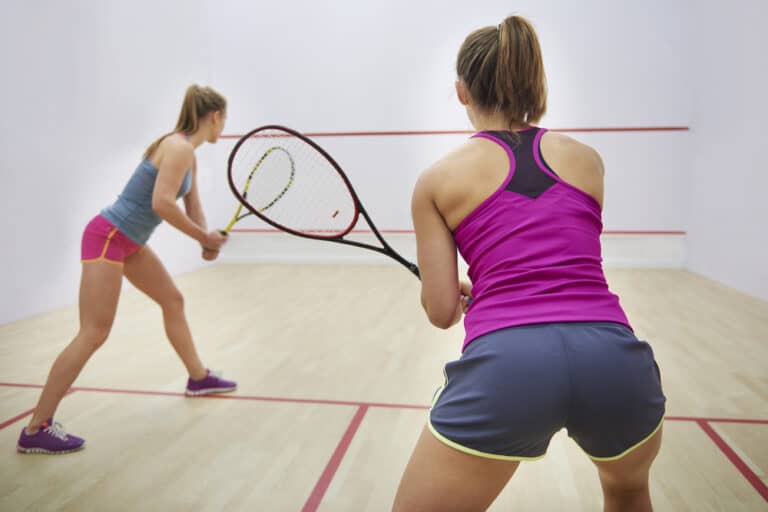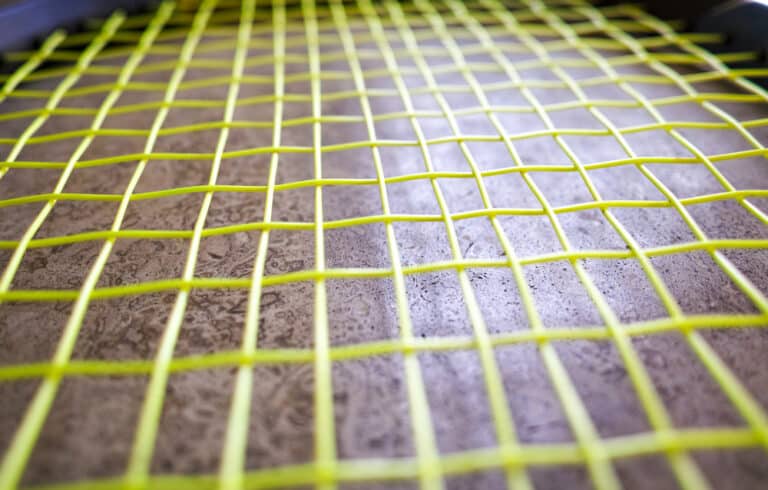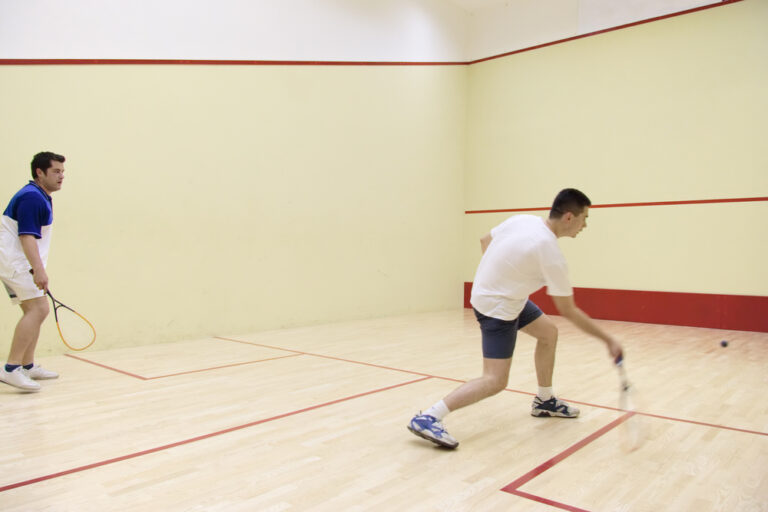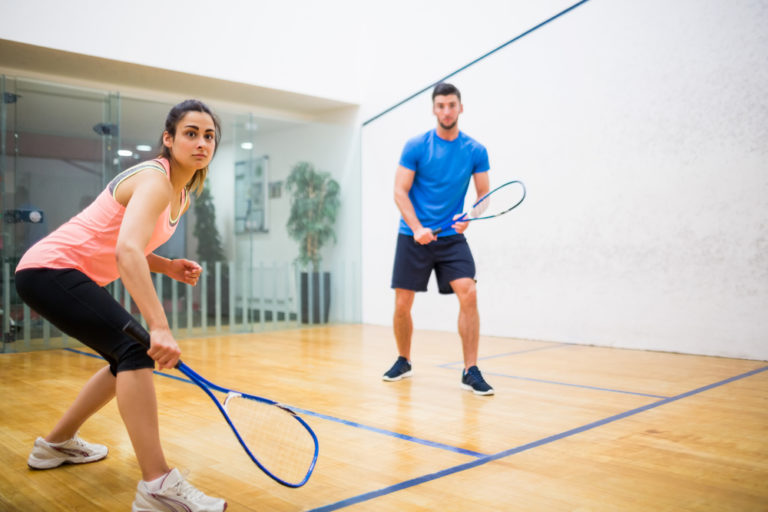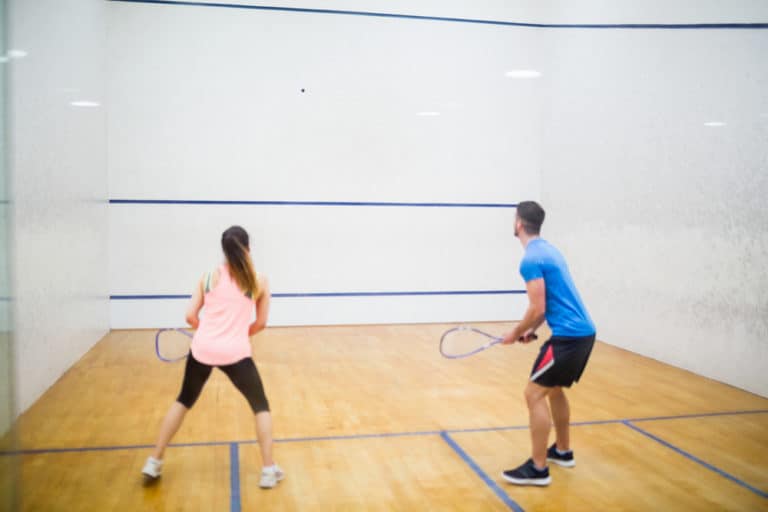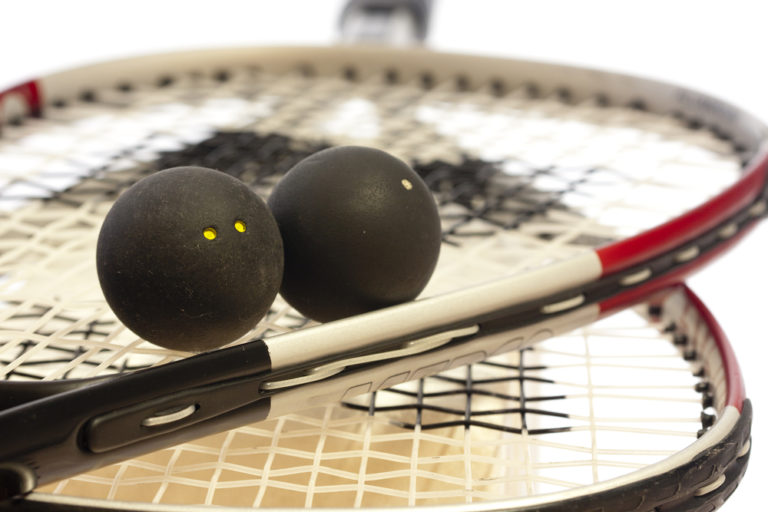Can You Spike Off A Serve In Ping Pong?
The serve is a critical element of all ball sports. A good serve sets you up in a powerful position to win the rally. A lousy serve, or making a fault on your serve, can cost you. Knowing how to serve is critical to your enjoyment and potential for starting a solid rally. So, can you spike off a serve in ping pong?
Spikes, otherwise known as slams, are used to exert force on the ball and are intended to win the point. As such, you can spike off a serve in ping pong. A strong return, such as a spike, will likely put you in a solid position to win the rally because spikes are generally powerful shots.
Having a solid return of serve is critical in ping pong. The serve is an essential part of every game, and being able to return the serve with a spike will stand you in good stead to win the point or, at the very least, put your opponent on the back foot. This article details more about this.
Are You Allowed To Spike Off A Serve In Ping Pong?
How you return the serve is critical in ping pong. Being able to return powerfully will work to your advantage.
You are allowed to spike off a serve in ping pong. Spiking generally means you powerfully hit the ball and put yourself in a favorable position to win the rally.
However, it is worth noting that you can only spike the ball when it is pretty high on the table. Therefore, a successful spike would need to be made at approximately shoulder height, and not many serves will come off the table at such a height.
Serves are generally kept low, so it might be challenging to spike a serve, given the angle. However, it is legal to spike off a serve, and it is up to you to decide when the opportunity to spike is available.
What Are The Benefits Of Spiking The Ball In Ping Pong?
As with all shots in racquet sports, there are certain benefits to making a spike. Although tricky to execute off a serve because of the general lack of height on serves, there are many benefits to pulling off such a powerful shot early in a rally.
If you spike off the serve, you will likely be in an excellent position to win the point because the powerful shot could finish the rally. If you do not win the rally immediately, you will likely put yourself in a favorable position for the rest of the rally because your opponent will likely be playing defensively.
If your opponent manages to return the spike, they will likely do so relatively weakly, just working to keep the ball in play and get it over the net. You will probably have another opportunity to finish the rally or hit another winning shot that forces your opponent to return defensively.
It is essential to return a serve well because a good serve can dictate the rally. The serve is crucial because it’s one of the only times a player gets to decide how to start the point by deciding where to position the ball, how hard to hit it, and how high to hit it.
A strong return of serve, like the spike, will disarm your opponent and set you up in a strong position. However, it could also intimidate them for the next serve. The more you can dominate play by winning points, the more discouraged they become.
If you can provide a strong return of serve, like the spike, you could even influence your opponent to the point that they lose confidence in their ability to serve. Again, this is crucial to your success because, as discussed, the serve is a vital element of the game.
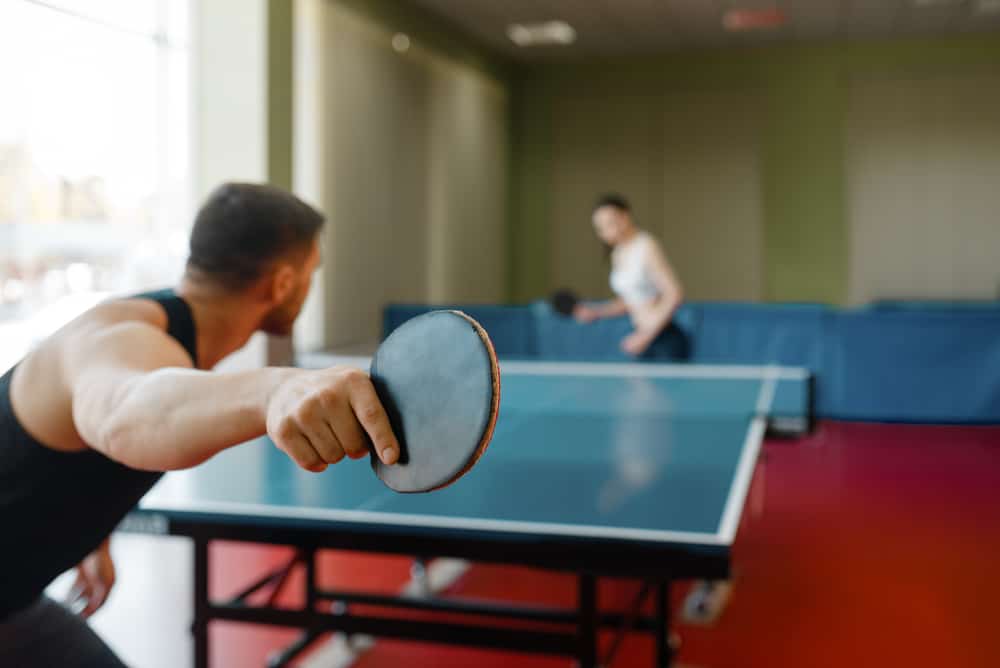
How Do You Spike The Ball In Ping Pong?
Spiking the ball in ping pong involves striking it downward, so it lands hard and fast on your opponent’s table.
Spiking is made easier when the ball is higher, so you can reach for it and hit it downward. It is also helpful if the ball is close to the net when you spike it because you have less chance of hitting it into the net.
To successfully spike the ball, you need to hit it flat, with little or no topspin on the ball. As mentioned, the ball’s location when it makes contact with your paddle is critical. The higher it is, the better.
To execute a spike, you need to move your feet, so you are close to the ball, even leaning over the table if necessary to ensure you get a clean shot. In addition, you will need to transfer your weight from your back foot to your front foot, so the weight of your body is moving forward.
Once your feet are in position, you must lift your paddle overhead, so it makes contact with the ball when it is relatively high, for example, above shoulder height. Next, you must aim for the desired landing place and hit the ball in a solid downward motion.
This shot is often used in response to a lob from your opponent. A lob can be successfully cut off as it lifts over the net if you are in position and chop it back onto the table efficiently.
Once you have executed the shot successfully, you must follow through with the rest of your body. This means your arm and hips must reach a resting position after completing the swing before moving on to the next point.
Conclusion
Spiking the ball in ping pong is an effective way to put yourself in a strong position for the remainder of the rally. Spiking the ball requires that you are in a good position with your feet in alignment and your arm and paddle moving towards the ball in a downward motion.
It would be best to strike the ball so it has minimal topspin, giving it a faster and more powerful momentum. While spiking off a serve is possible, you must ensure the ball is high enough to execute the spike properly.

